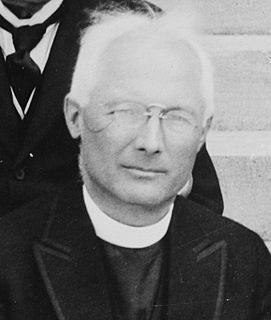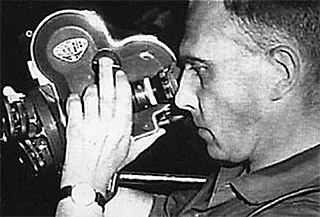A Quote by Claude Levi-Strauss
For everything is history: What was said yesterday is history, what was said a minute ago is history. But, above all, one is led to misjudge the present, because only the study of historical development permits the weighing and evaluation of the interrelationships among the components of the present-day society.
Related Quotes
History in Burckhardt's words is 'the record of what one age finds worthy of note in another.' The past is intelligible to us only in light of the present; and we can fully understand the present only in light of the past. To enable man to understand the society of the past and to increase his mastery over the society of the present is the dual function of history.
I don’t know much about history, and I wouldn’t give a nickel for all the history in the world. It means nothing to me. History is more or less bunk. It's tradition. We don't want tradition. We want to live in the present and the only history that is worth a tinker's damn is the history we make today.
Very strange bridges are used to make the passage from one state of things to another; we may lose sight of them in our surveys of general history, but their discovery is the glory of historical research. History is not the study of origins; rather it is the analysis of all the mediations by which the past was turned into our present.
Muslims naturally saw Christendom as their arch rival. One point that is really important to bear in mind, particularly in addressing an American audience, and that is that the Islamic world has a very strong sense of history. In the Muslim world, history is important and their knowledge of history is not always accurate but is very detailed. There is a strong historical sense in the Muslim world, a feeling for the history of Islam from the time of the Prophet until the present day.
History produces not only the forces of domination but also the forces of resistance that press up against and are often the objects of such domination. Which is another way of saying that history, the past, is larger than the present, and is the ever-growing and ongoing possibility of resistance to the present’s imposed values, the possibility of futures not unlike the present, futures that resist and transform what dominates the present.
The Greeks really believed in history. They believed that the past had consequences and that you might be punished for the sins of your father. America, and particularly New York, runs on the idea that history doesn't matter. There is no history. There is only the never-ending present. You don't even have your family because you moved here to get away from them, so even that idea of personal history has been cut at the knees.
After school, I went to Damascus to study law and history, which I didn't really like. I didn't like history, in particular. In Syria, the regime was trying to present to us a distorted version of the past. Assad was shown as the father of history. So I decided to shift to film, which was something I had always loved as a teenager.
I feel history is more of a story than a lesson. I know this idea of presentism: this idea of constantly evoking the past to justify the present moment. A lot of people will tell you, "history is how we got here." And learning from the lessons of history. But that's imperfect. If you learn from history you can do things for all the wrong reasons.
I have to throw in on a personal note that I didn't like history when I was in high school. I didn't study history when I was in college, none at all, and only started to do graduate study when my children were going to graduate school. What first intrigued me was this desire to understand my family and put it in the context of American history. That makes history so appealing and so central to what I am trying to do.





































